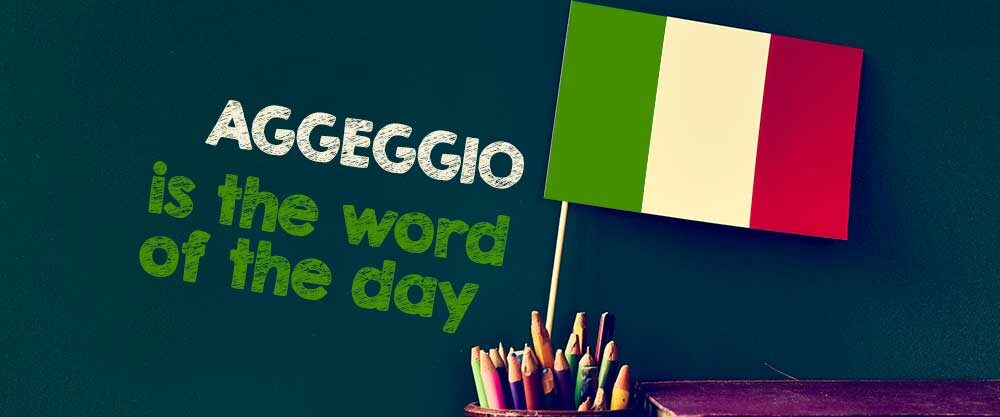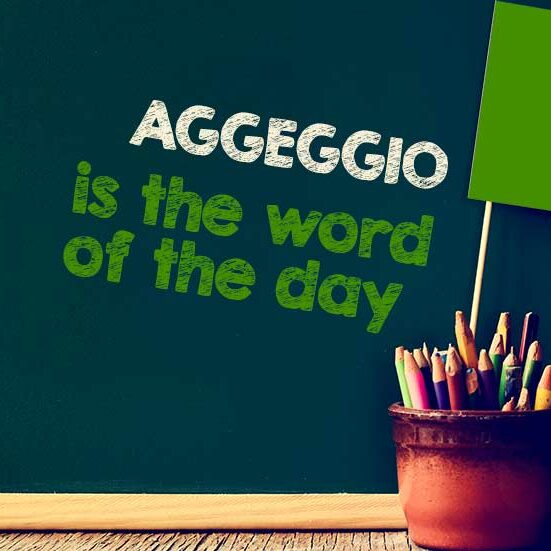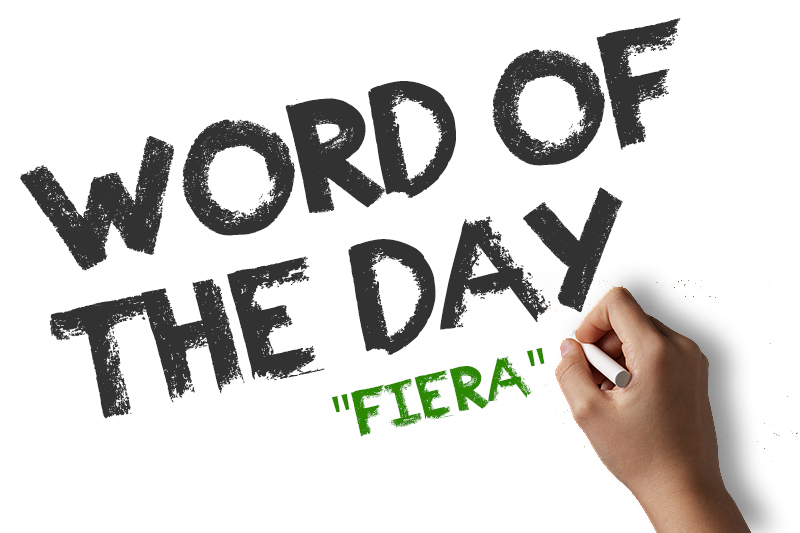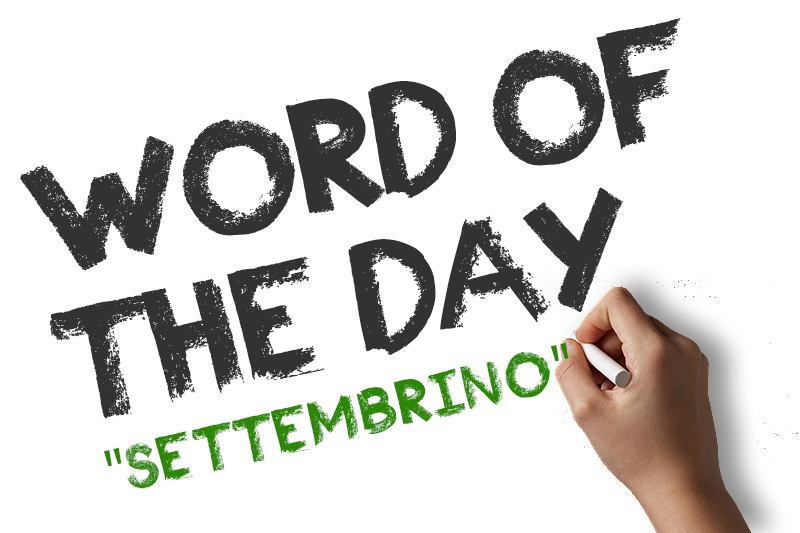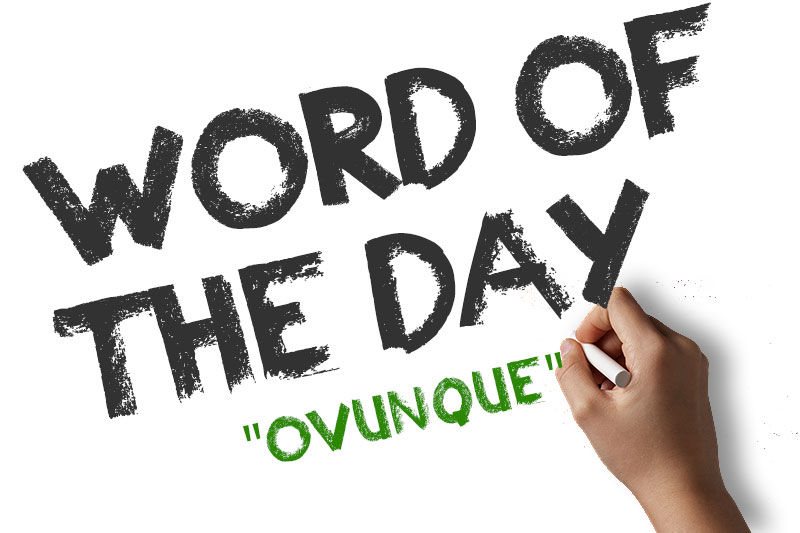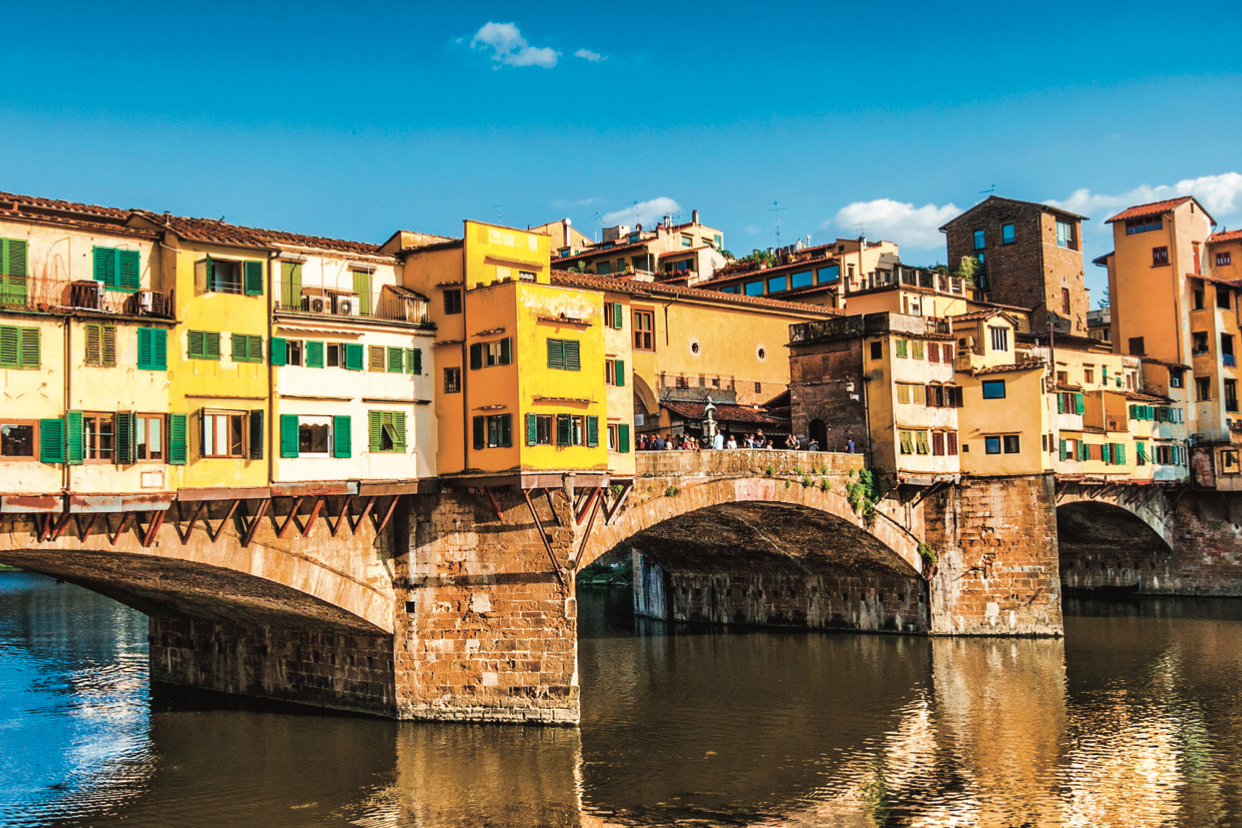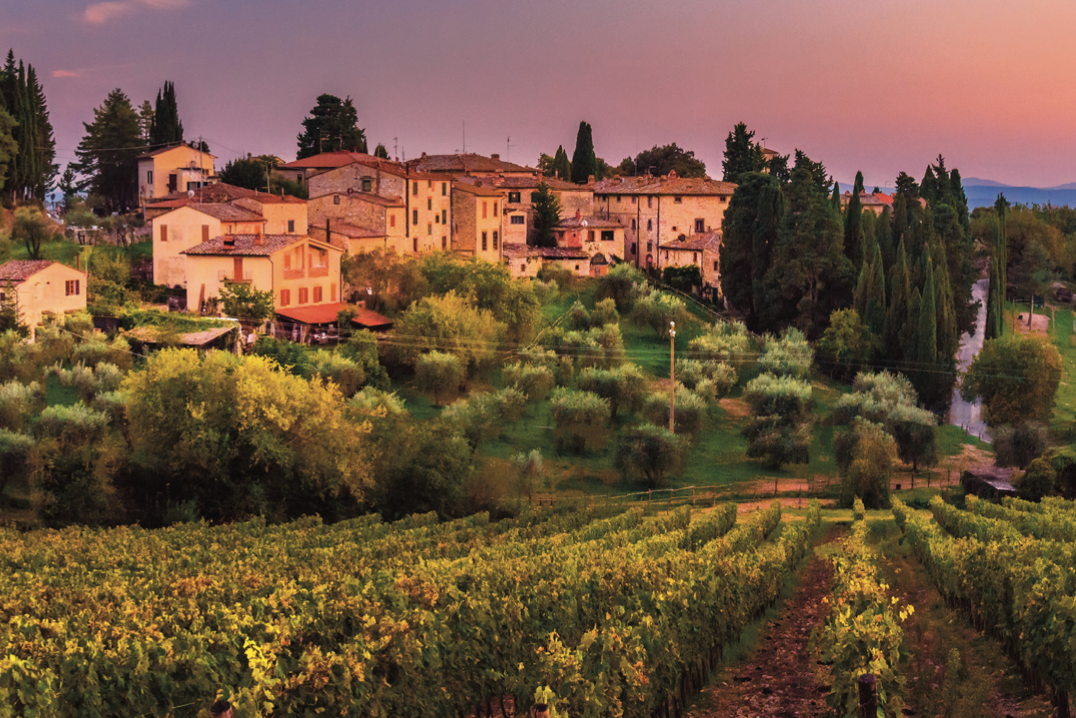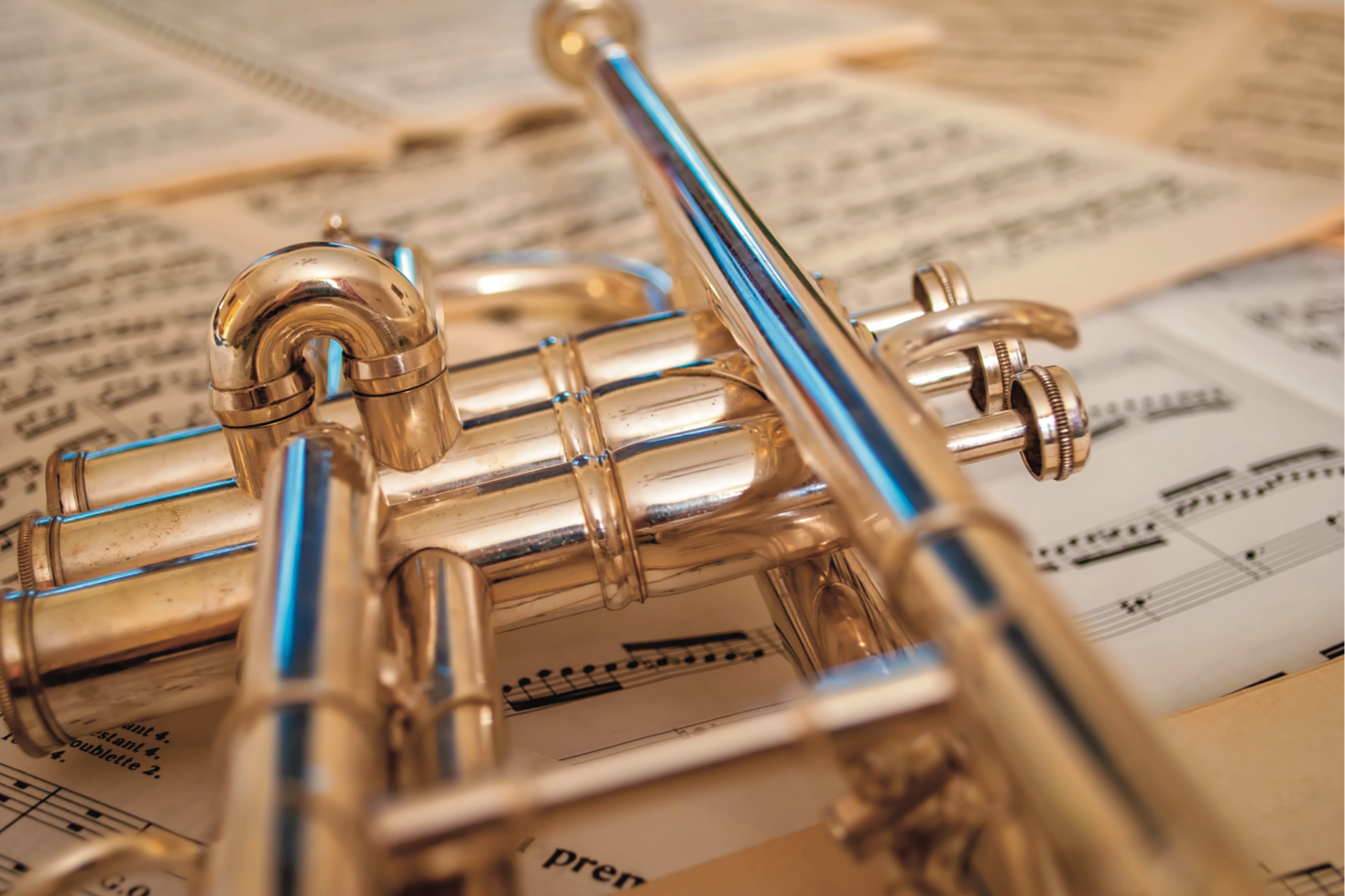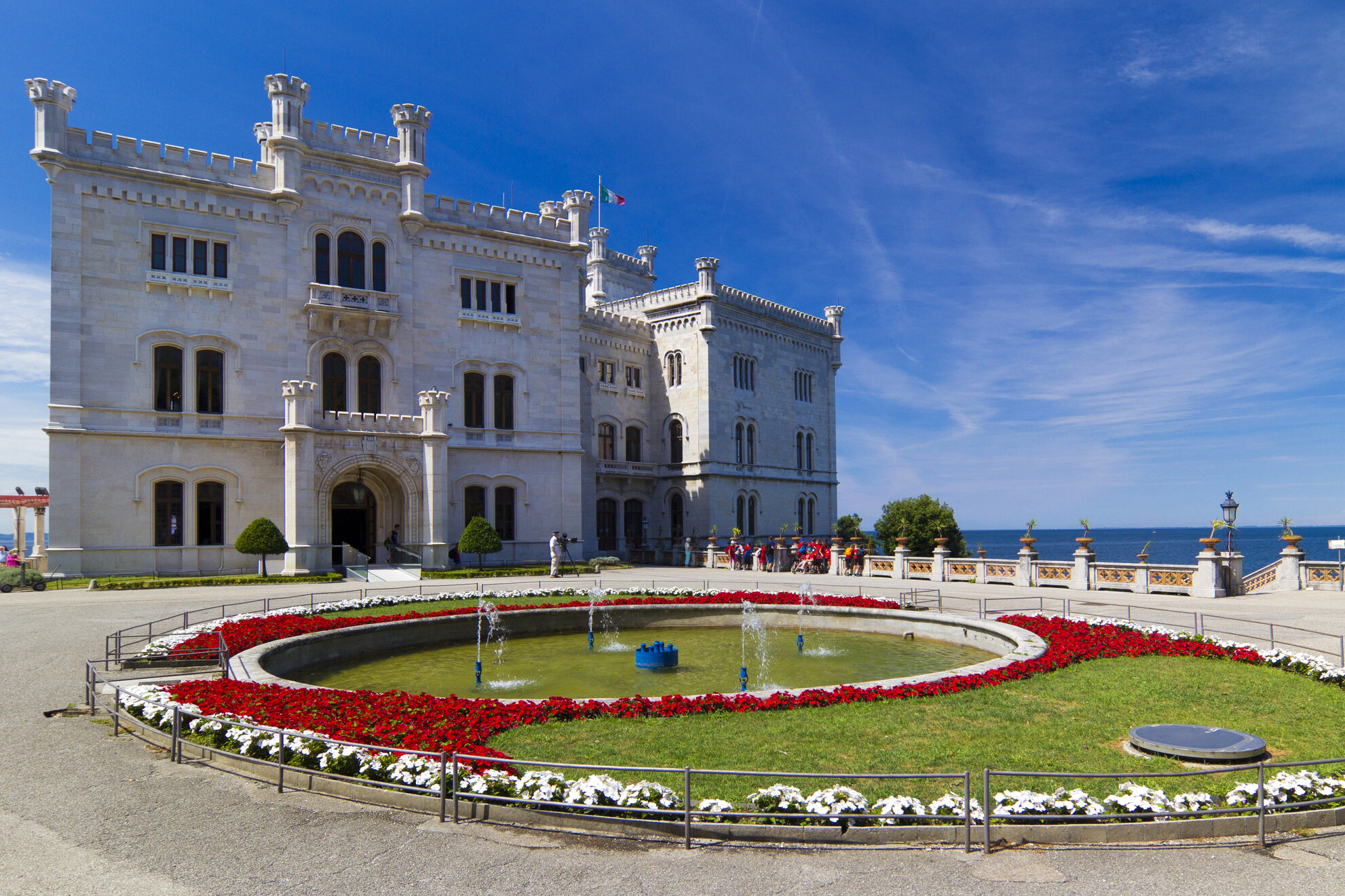Word of the Day
Today’s word may be a tad confusing to some, because it has more meanings and all of them are very common — well, besides one, which is probably a favorite only among Dante’s aficionados. Fiera (fee-ai-rah) is mostly used in …
Today’s word is easy in every sense!Easy because it is incredibly common, because you won’t find it hard to pronounce and because it means just that: easy! Facile (fah-tchee-lai) is an incredibly common word, one you need to have in …
You’re 15, it’s 7 in the morning and time to wake up to go to school: your mother opens your bedroom door shouting “wake up!” If you were in Italy, you’d hear “sveglia!”(sveh-llee-ah), which of course means “wake up,” as …
Every Italian of working age long for their ferie (fai-ree-ai). With ferie, we usually mean the paid rest days every worker is entitled to. We’d say “leave,” “annual leave” or quite simply “time off” in English, but the Italian ferie …
Everything related to this month is settembrino (sait-tehm-bree-noh), because settembrino means “of September” or “related to September.” Italians started using settembrino back in the 18th century, so it’s a relatively young word, at least to Italian standards! There is something …
This week’s word, rovente (roh-vehn-tai), comes from the Latin rubenten, or “reddish.” However, we don’t quite use it for red stuff, but rather for what’s very, very hot. Non toccare la padella, è rovente! (“Don’t touch that pan, it’s very …
Our word of the day, pignolo (pih-ño-lo) comes from the word pigna, or pine cone, which in turn is a cousin of the Latin pinea, the feminine of pineus, pine. In Italian, we use it to denote someone who is …
Ovunque (oh-voon-kooaih) means anywhere (or everywhere), or wherever in English and appeared for the first time in the 13th century. It translates the ideas of “wherever you go,” “in every place,” and it is formed by the adverb ove, an …
If you grew up in an Italian household, you have certainly been on the receiving end of millions of zitto (zeet-toh) during your childhood. Literally, zitto means “silent,” but it is most often used with the verb stare to create …
Italia campione d’Europa! How couldn’t we mention such an awesome success for our soccer national team, especially when it gives us the opportunity to talk about an interesting word? Campione (plural campioni, cahm-peeoh-nee) means “champion” or “winner” and who doesn’t …
